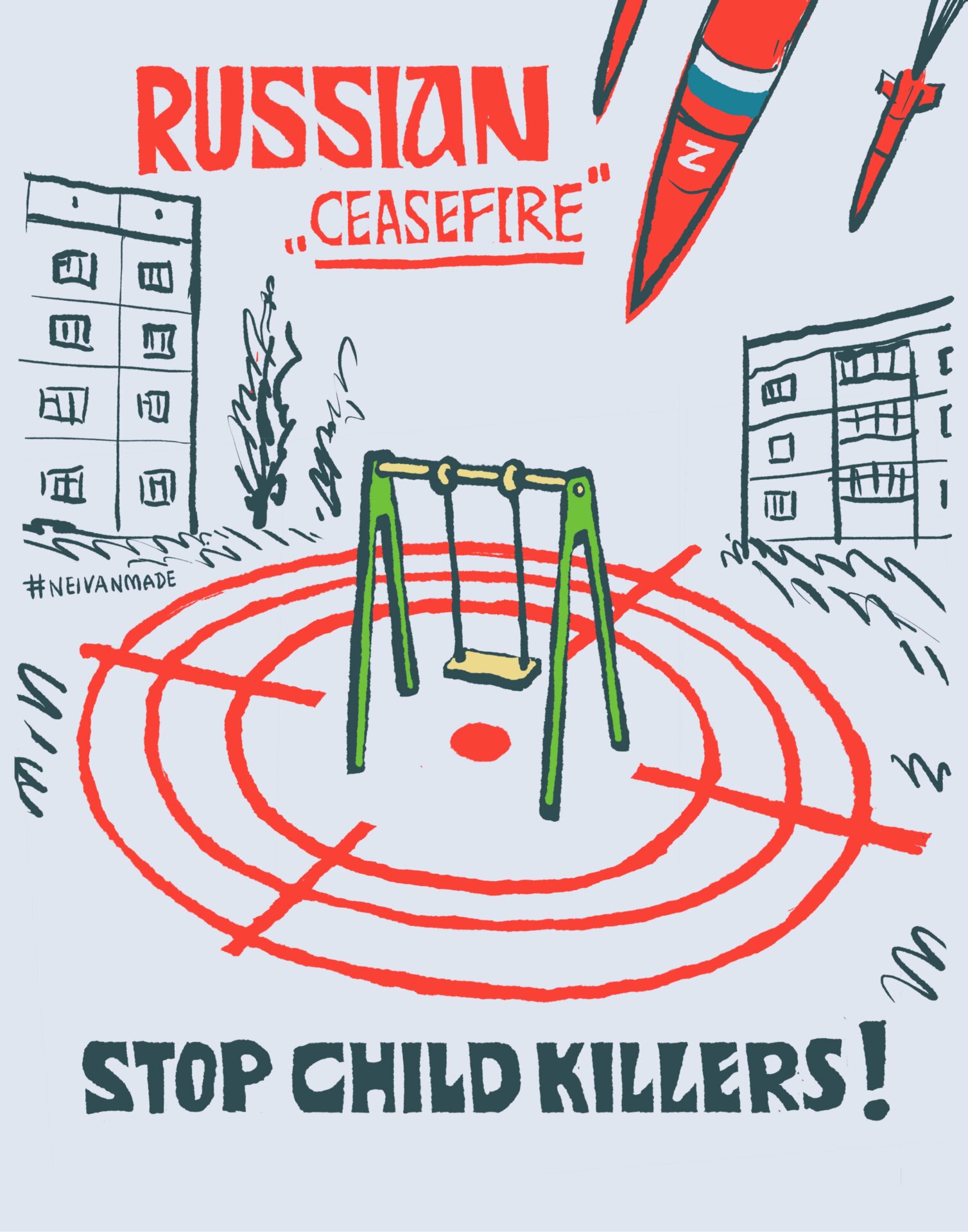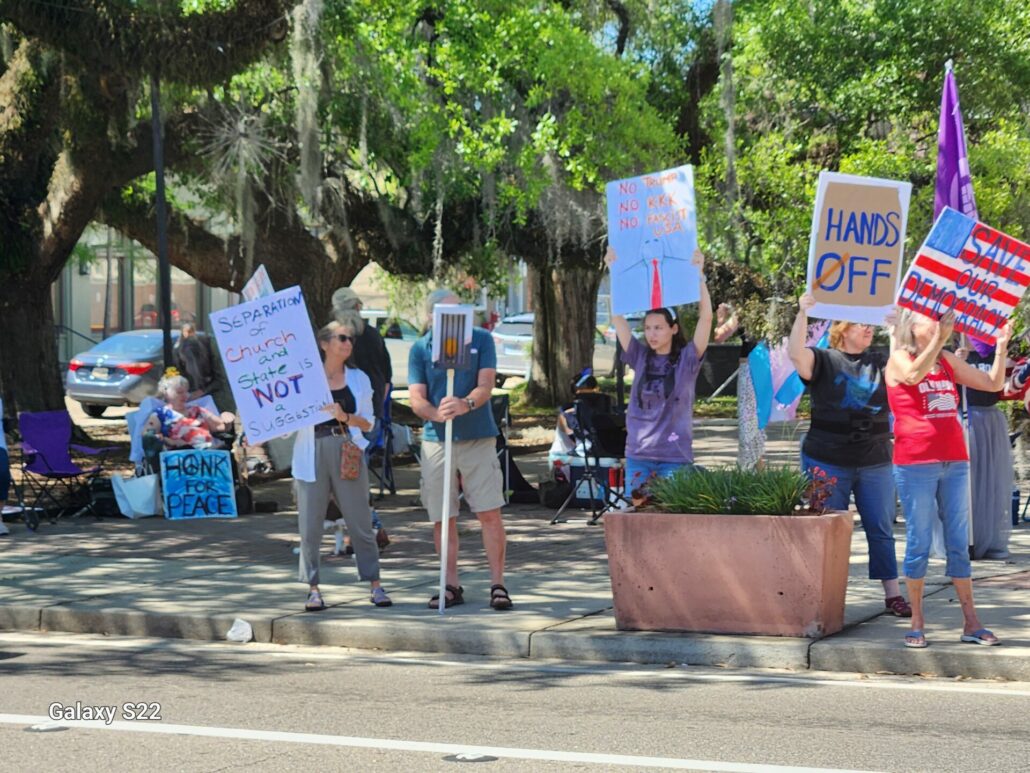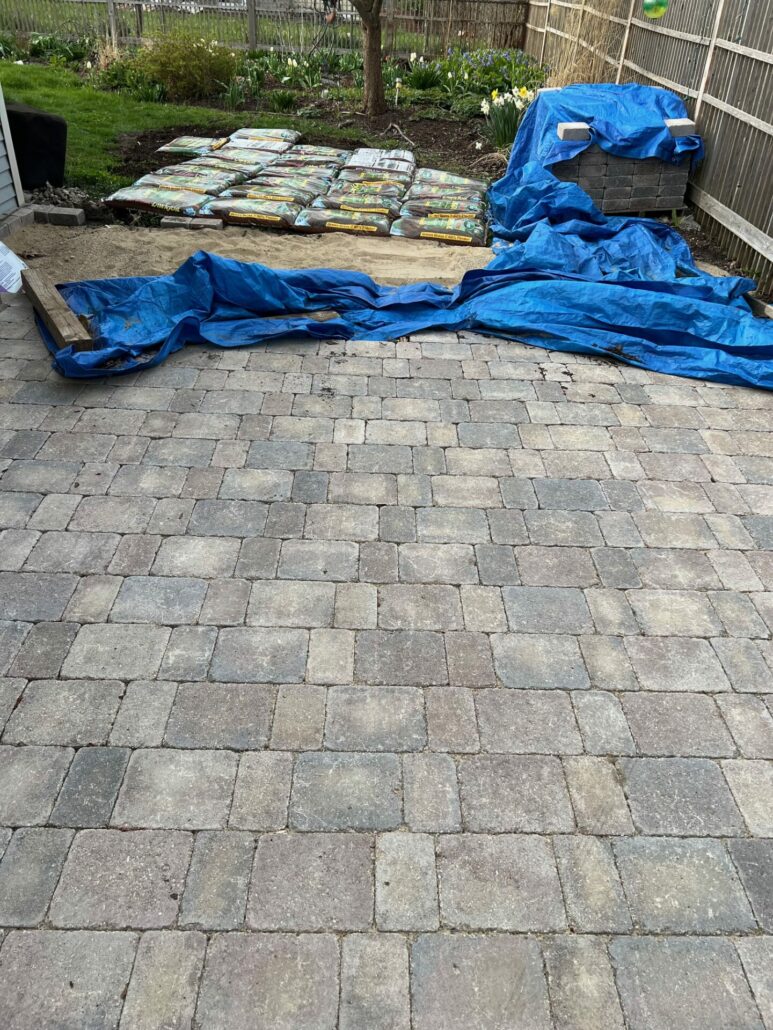To follow up on Betty’s post, I want to share a smattering of articles on this subject. The Democracy Docket article was written 2 months ago – I mean, really, who among us did not see this coming from FFOTUS – but it’s still relevant.
We will know – very soon – whether SCOTUS is going to allow Trump’s government to give the highest court the middle finger. If SCOTUS does allow that, they will soon come to regret it, but by that time it will surely be too late.
We need to be calling our elected officials.
NOW. Today. Every day.
What Happens If Trump Defies Court Orders? (Democracy Docket)
Since the minute President Donald Trump returned to the White House, his actions have been met with a litany of lawsuits. There are currently numerous legal battles challenging executive orders Trump signed on day one: an end to birthright citizenship, the freezing of government agency funding to crucial programs and services and gutting of the federal work force — the first step in the grand plan to remake the American government into an authoritarian regime.
And, so far, the courts have consistently ruled against the Trump administration. Federal judges have blocked the White House’s federal funding freeze, the birthright citizenship executive order and the Department of Government Efficiency (DOGE)’s access to sensitive information in several key agencies. It’s a win not just for democracy but for the constitutional laws that established the system of checks and balances that ensure the executive branch doesn’t take over with impunity.
But these series of court orders have clearly irked Trump and his administration. After the Office of Management and Budget rescinded its initial memo indicating a freeze in federal funds — following a pair of lawsuits — White House Press Secretary Karoline Leavitt tried to assert otherwise, in a post on X that spectacularly backfired. And after a federal judge blocked DOGE’s access to sensitive Treasury information, Elon Musk fumed on X: “A corrupt judge protecting corruption,” he wrote. “He needs to be impeached NOW!”
Even Vice President JD Vance chimed in on X, posting an inaccurate, yet ominous, statement about the court orders. “Judges aren’t allowed to control the executive’s legitimate power,” he said.
All of this is teeing up what some legal experts worry could be a constitutional crisis. Or, to put it simply: what happens when the Trump administration blatantly defies the courts?
A constitutional crisis looms
Whether or not the Trump administration knows that these executives are unlawful is beside the point. It’s clear that — court order or not— the White House is going to fight to keep these policies in place. But if the administration chooses to defy court orders in order to protect their policies, what happens next?
“I think the fundamental answer is that we don’t know,” Aziz Huq, a constitutional law scholar at the University of Chicago Law School, told Democracy Docket. “There have been moments where there have been some level of defiance on nonconformities to judicial orders in the past.” He points to the aftermath of Brown v. Board of Education, which integrated schools and which many states, for years, defied the ruling. But even then, that was a case of the state opposing the federal government, rather than the federal government defying the courts.
There are mechanisms in place for defying a court order — like fines and holding the offending parties in contempt. But because of the U.S. Supreme Court’s landmark ruling last year, the president is likely immune from criminal prosecution for official acts.
But despite some legal scholars calling the current legal saga a constitutional crisis, others are cautioning that it’s not quite at that level yet. Speaking to NPR, Kristin Hickman, a professor of administrative law at the University of Minnesota Law School, said that, “we’re not there yet and we have no guarantee we’re ever going to get there. It is not healthy for our body politic for us to overreact and roll around a lot of overheated rhetoric.”
And yet, on the other side, the White House itself is calling the situation a constitutional crisis because judges are ruling against the administration. “We believe these judges are acting as judicial activists rather than honest arbiters of the law,” Leavitt said in a press conference Wednesday.
Huq is also cautious about calling the current situation a constitutional crisis. For starters, the matter has yet to reach the Supreme Court, which would have the final word on the constitutionality of the Trump administration’s executive orders. Should Trump defy the Supreme Court, that could create something of a constitutional crisis — and one that could have a chilling ripple effect.
“Once you have the President saying, “Well, I don’t need to follow a court order. What about governance? What about sheriffs? What about state legislatures or state judges? Why do they need to?” Huq said. “As with many things that the Trump administration does, I don’t think they thought through their actions and the way that it opens the door to a lot more. And it’s really not clear how that plays out.”
Please Explain What You Mean by Effectuate (Ken White)
What Happens If Trump Defies Court Orders?Post + Comments (107)





